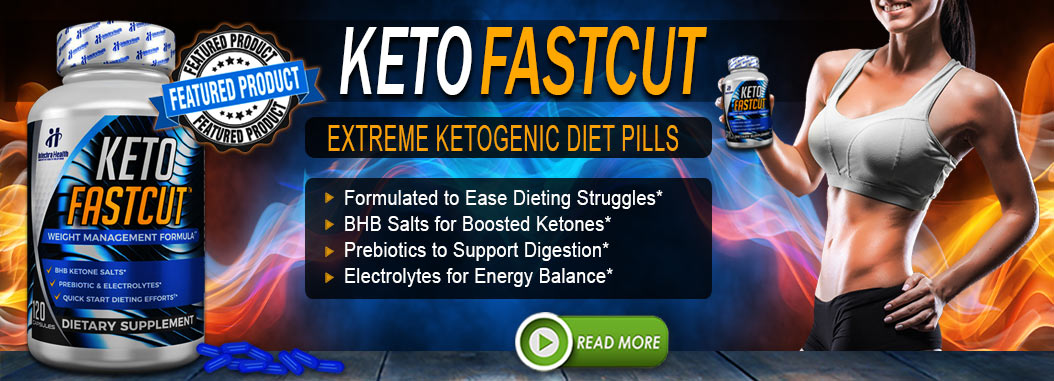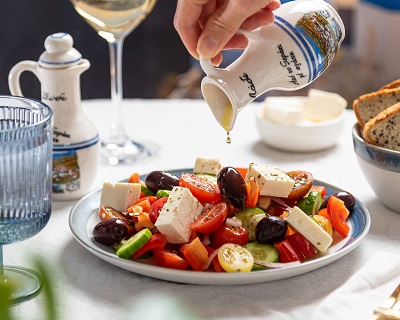It may sound odd to think that winter nutrition requirements aren’t quite the same as they are at the rest of the year, but it’s true. Certainly, the body needs certain nutrients all year round in order to function. The organs and systems of the human body don’t change depending on the weather or the season.
However, just as your body needs to be properly cared for to cope with heat in the summer, winter nutrition makes it easier for the body to cope with what the colder weather has in store. There are a few nutrients that can make it easier to improve your immunity, for your skin to keep up with the freezing cold and whipping winds, and even for your mental health to cope with shorter days and far less sun.
Consider the Following Top 3 Vitamins for Your Winter Nutrition
Here are some of the top winter nutrition needs to keep up your physical and mental health this season.
Vitamin C
Vitamin C is a powerhouse for winter nutrition. You can find it in lots of seasonal fruits and veggies. You may typically turn to citrus fruits such as oranges and lemons. That said, there are many other sources, such as carrots and beets, too. Getting enough vitamin C every day can help you to keep your immune system strong and ready to fend off the most common illnesses that pop up throughout this season. Moreover, if you do happen to catch something, a strengthened immune system can help you to know the illness will be as mild and short as possible.
Vitamin E
Many people forget about the importance of vitamin E for winter nutrition. That said, it is a key ingredient to keeping your skin, nails and hair healthy. By nourishing yourself with vitamin E, you’ll help to keep up your moisture barrier against the cold temperatures, whipping winds and dry heated indoors. Find lots of vitamin E in foods such as sunflower seeds, broccoli, peanuts and cashew nuts.
Vitamin D
Vitamin D is a tricky part of winter nutrition since the nights are very long, and the daytimes often lack sun. Since the sun is the body’s primary source of vitamin D, take the opportunity to supplement it with food including orange juice, egg yolks and certain fortified diary and dairy alternative products. Oily fish such as salmon, mackerel and tuna. Bright light devices meant to mimic natural light can also help your body to produce it naturally.



















